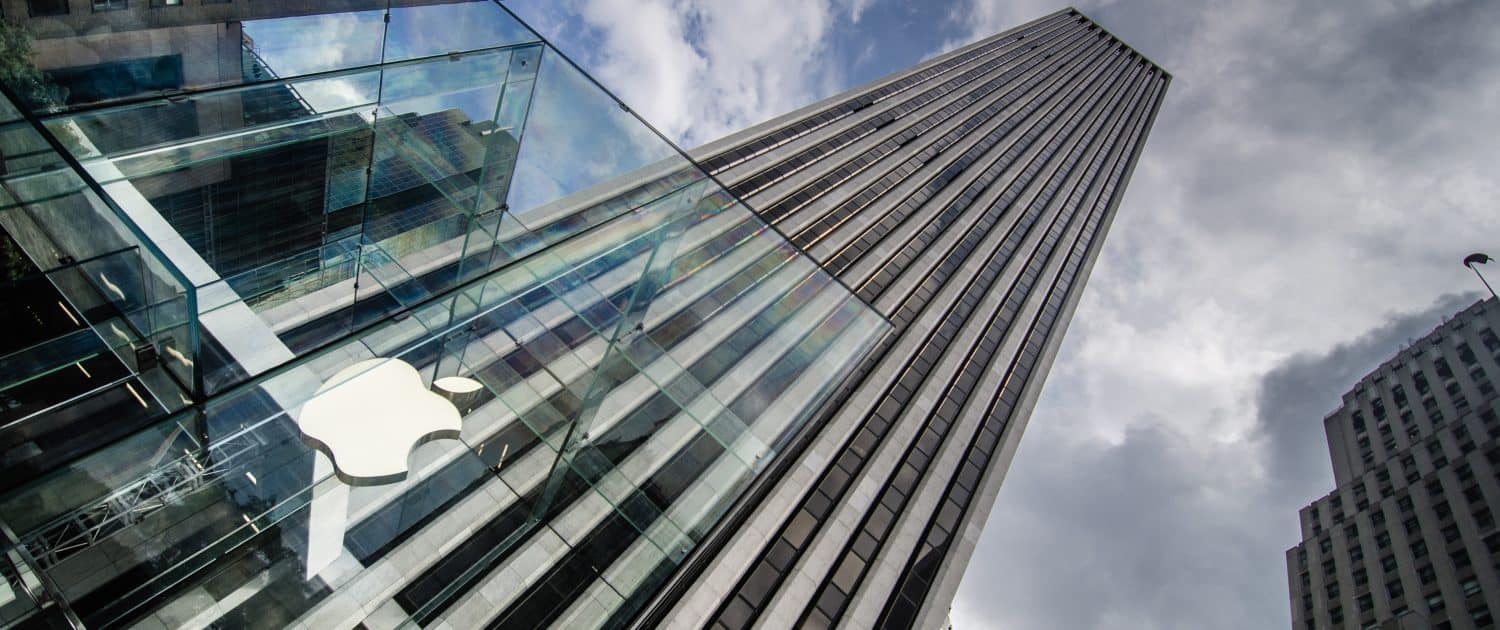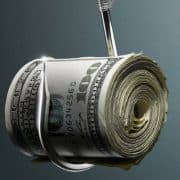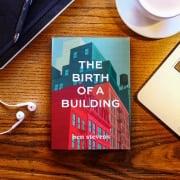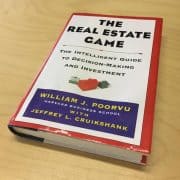Book Review: The Liar’s Ball
Why I liked “The Liar’s Ball”
Although the book was slightly gossipy in places, I found it did a great job of detailing the fascinating history of the GM (General Motors) Building, really giving the reader a behind the scenes look into how these billion dollar transactions were concluded. The author also provides numerous anecdotes which help contextualize the behavior of the real estate tycoons and how they were thinking at the time. As usual, I have detailed some of my favorite points which I feel compelled to share.
Full Title: The Liar’s Ball: The Extraordinary Saga of How One Building Broke the World’s Toughest Tycoons
Author: Vicky Ward
Quick note from Spencer: This is the second in a series of book reviews we’ll be publishing to A.CRE. This post is written by Guest Author, Matthew de Klerk. A big thanks to Matthew for taking time out of his busy schedule to offer thoughts on this and other important books for real estate professionals.
Profilneurose
Profilneurose is a German saying meaning ‘fear of invisibility’ and I believe it aptly encompassed Harry Macklowe’s personality. Throughout the book, we are presented with numerous examples of Macklowe’s affliction towards excess; whether it be sailing his 112-foor yacht or flying to Paris on the Concorde, he never did anything in half measures. He said “I think that I’ve been able to have a high enough profile where people say, “Hmmm, how would Harry Macklowe do this? He’s my hero”.
Initially I was impressed with Macklowe’s motivation and propensity to always commit himself fully to every endeavor he pursed. However, upon further reflection I realized that this need for external validation may equally be interpreted as a weakness. Is it not important to reflect on one’s own underlying motivations when putting together deals? If he had, perhaps Harry would still own the GM Building today? As Ice Cube one said “You better check yo self before you wreck yo self”.
Resourcefulness
In the book, Macklowe is painted as a rambunctious, focused individual who has a penchant for getting what he wants (and doing whatever it takes in order to get it). We are provided with numerous examples with his out of the box thinking and creative flair but my clear favorite was his 2:00 am secret meeting with Apple’s retail development team. Through the use of some temporary scaffolding, Harry was able to convince the team to downscale their initial size requirements (which were too large based on NYC’s town planning restrictions) in order to allow for the creation of the now infamous “apple cube” situated in the middle of the GM Building’s plaza.
Woman are Smarter than Men
Whilst the book focuses on Macklowe and other real estate tycoons such as William Zeckendorf, Donald Trump and Mort Zuckerman, I found it ironic that arguably two of the most important people in the GM Building’s history, were in fact women. Cecilia Benattar worked relentlessly to develop and lease-up the GM Building in ’68, whilst Linda Macklowe was responsible for selling the GM Building in ’08 to Boston Properties in order to protect her family from the $1.2bn personal guarantee provided (recklessly) by her husband. In the world of real estate, where alpha males are constantly flaunting their ego’s around, these two women were able to keep a level head when all others about them were losing theirs.
Focus is key, until it isn’t
One cannot deny Harry Macklowe’s financial and creative success as a real estate developer. He conceptualized one of the most iconic retail stores in the world and is currently busy developing the 2nd tallest skyscraper in New York City. Yet one cannot help but think “how could he not see he was over-leveraging himself when he bought the 7 EOP buildings”? I believe this is best summarized by Sam Zell, who said that the reason most real estate guys get caught up in what he calls “oversupplies” is “because what they do requires such a micro focus, (that) their ability to then go macro is limited”.
Bill Gates and Warren Buffet both mentioned focus when asked what the single most important quality they attributed to their success. If asked the same question, I think Harry Macklowe would tend to agree. It was his unwavering focus that enabled him to acquire the GM Building in 2003 and the same focus which led to his oversight of the market conditions in 2007. Whilst focus may be key to success, greed can be equally detrimental and I think that Harry’s insatiable appetite for risk is what cost him the GM Building in the end.
Download the Chapter by Chapter Executive Summary
If you enjoyed this review then feel free to check out the chapter by chapter executive summary for a more thorough analysis of the book.









